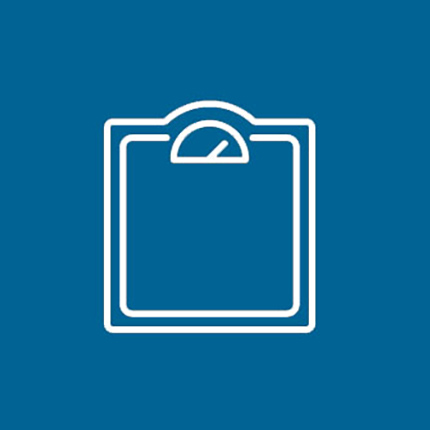Healthy Living
Childproofing Your Home
Children can say and do the funniest things. But young curious minds can also get children into trouble – putting themselves in danger of physical injury. Even before your baby is out of the crib, and especially when he or she begins crawling, take precaution to help prevent accidents at home:
Around the House
- Never leave a child alone around stairs, keep stairways free of clutter and install safety gates with hardware at the top and bottom of stairs.
- Use a stationary activity saucer instead of a walker, which contributes to falls and other injuries.
- Put pads under rugs to prevent them from slipping.
- Place child-safety covers on all electrical outlets.
- Screen the fireplace or any wood-burning stove and make sure the key for a gas-burning fireplace is out of reach.
- Tie knots in plastic bags and throw them away promptly.
- Check around the house for items that could pose a choking hazard, such as safety pins, coins, paperclips, jewelry or screws, and put them out of the reach of children.
- Have only nonpoisonous plants in the house.
- Store unloaded guns and ammunition separately in locked containers.
- Use child safety covers on door handles that lead outside or into the garage to prevent toddlers from leaving the house.
- Use window stops or guards to prevent windows from opening more than four inches.
- Use window blind cord wraps to prevent a child from becoming entangled in the cord.
Furniture and Appliances
- Use child safety bumpers on sharp corners of furniture and fireplace hearths.
- Secure tall bookcases, file cabinets and entertainment centers with anti-tipping safety straps to prevent them from toppling over.
- Use safety straps to secure televisions, computers and appliances.
- Use cord shortners to secure excess cords for lamps and appliances.
Kitchens
- Put a safety latch on the drawer where knives, forks, scissors or other sharp utensils are stored.
- Keep children away from the dishwasher to prevent them from grabbing sharp utensils or glasses that could break.
- Put refrigerator magnets, matches, lighters and chemicals out of the reach of children.
- Turn pot handles away from the front of the stove when cooking.
- Use child safety covers on stove and oven knobs so appliances aren’t accidentally started.
- Avoid using tablecloths or large placemats that can be pulled off the table.
- Unplug appliances when not in use.
Bathrooms
- Lower water heater temperature to 120 degrees to prevent scalding.
- Purchase a bathtub thermometer and use it to test a bathwater before bathing your child.
- Use safety latches on cabinets that contain hazardous chemicals.
- Store all medicines and bottles of alcohol in locked cabinets.
- Do not leave cosmetics or toiletries out on countertops.
- Never leave a child unsupervised in the bathtub.
- Place non-skid strips on the bottom of the bathtub.
- Keep bathroom doors closed, install doorknob covers or install a toilet-lid locking device.
Baby’s Room
- Select a toy box without a lid.
- Remove mobiles from cribs once your baby can sit or stand up without assistance.
- Never keep soft pillows, blankets, comforters or plush toys in the crib.
Garage and Garden
- Place all fertilizers and garden equipment in a locking cabinet.
- Install fencing around a backyard pool that is at least five feet tall and has a self-closing, self-latching gate.
- Check swing-sets and play equipment for rust, splinters and sharp edges.
In case of an emergency, call 9-1-1. If your child swallows something that could be poisonous, call the Poison Help Line – (800) 222-1222. An online tool at www.poisonhelp.org can give immediate feedback when you answer a few questions.
Sign Up for Health Tips
Get our advice and upcoming events about weight, pain, heart and more.
Take a Health Risk Assessment
Our health assessments can help you identify issues and areas to discuss with your doctor.


